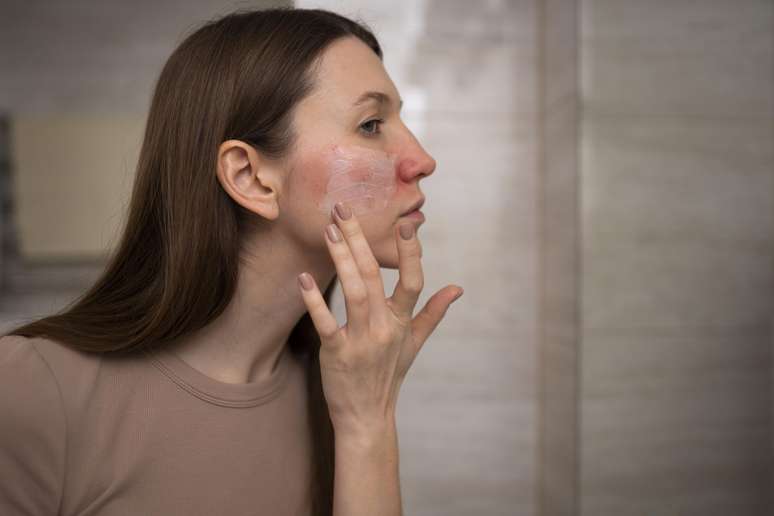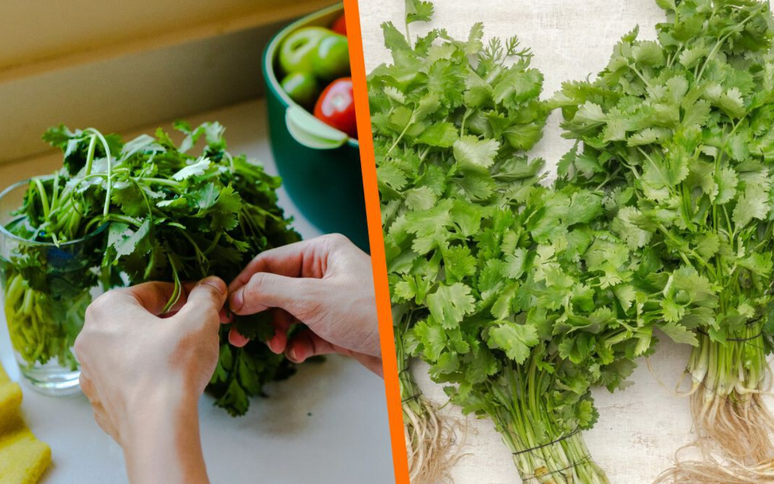Excessive sugar consumption has a direct impact on skin health, mainly due to the glying process, in which glucose molecules are linked to collagen and elastin fibers.
According to the dermatologist Lucas Miranda, a member of the Brazilian Society of Dermatology, this process compromises the integrity of these structural proteins, making the skin less firm, less elastic and more prone to the premature appearance of wrinkles.
“In addition, simple carbohydrate diets with a high glycemic index are associated with the increase in systemic inflammatory processes and can aggravate dermatological conditions such as acne. The moderation of sugar consumption is a preventive measure both for premature aging and for maintaining skin health,” warns.
What foods should they be avoided to maintain healthy skin?
Some food groups can directly compromise skin health and therefore should be consumed with caution. Food with high glycemic index:
- White bread
- Refined masses
- Candy
- Soda
“They quickly quickly have blood glucose levels, promoting sebum production and leather inflammation, which can aggravate acne. Excessive consumption of dairy products, in particular skimmed milk, has also been related to the increase in acne injuries in some populations, although the mechanisms are still under investigation”, explains the expert.
In addition, ultra -elaborate products, rich in trans fats, sodium and chemical additives, contribute to cellular oxidative stress and premature aging. Alcoholic beverages, on the other hand, negatively influence the hydration and function of the skin barrier.
“The recommendation is to give priority to a diet rich in fruit, vegetables, legumes and sources of good fats, which provide antioxidants and essential nutrients to maintain the integrity of the skin,” says the doctor.
Can the homemade mask improve the appearance of the skin?
According to the dermatologist, homemade masks can offer punctual and temporary effects, such as the feeling of freshness or light hydration. “Especially if made with natural ingredients such as honey, yogurt or oats. However, it is important to highlight that these preparations do not cross any quality or scientific studies that demonstrate their effectiveness or safety,” he says.
The absence of clinical tests means that the irritative potential is not known, the stability of the ingredients or real benefits of these blends. In addition, some natural components can cause allergic reactions or irritation, especially in sensitive skin or dermatological treatment.
“Therefore, the safest recommendation is the use of facial masks that are dermatologically tested. These products have been formulated with active concentrations assets, respecting the skin pH and using vehicles that favor absorption safely”, recommends.
Source: Terra
Ben Stock is a lifestyle journalist and author at Gossipify. He writes about topics such as health, wellness, travel, food and home decor. He provides practical advice and inspiration to improve well-being, keeps readers up to date with latest lifestyle news and trends, known for his engaging writing style, in-depth analysis and unique perspectives.






-vey4yyeg26ox.jpg)

